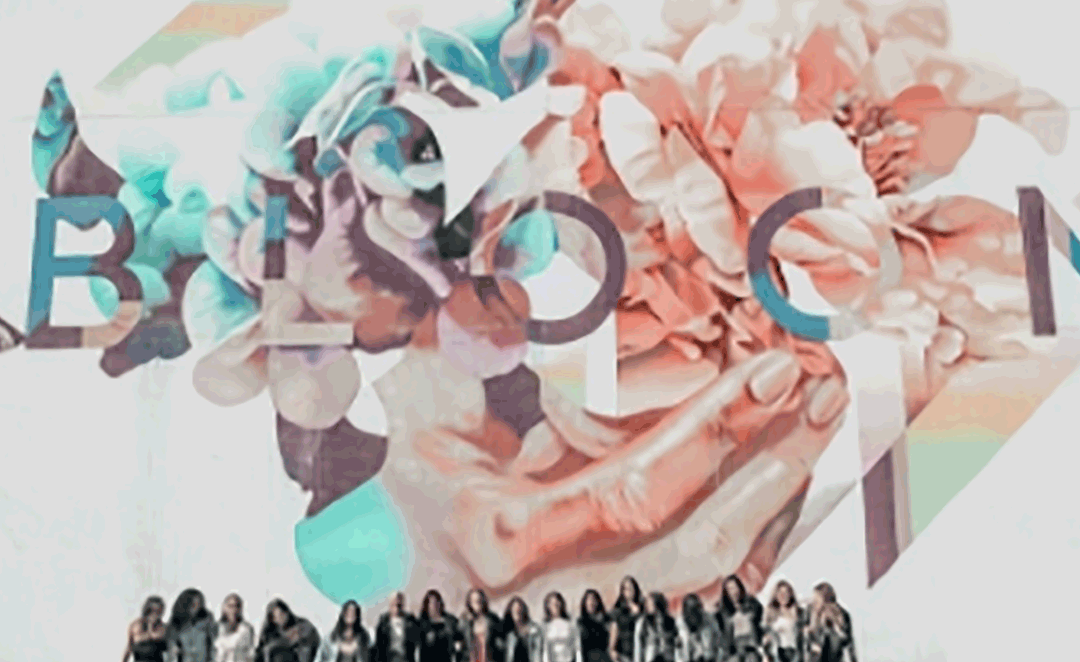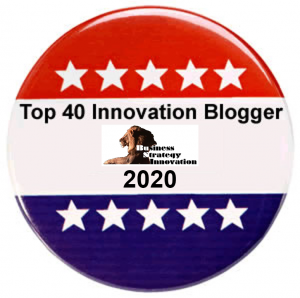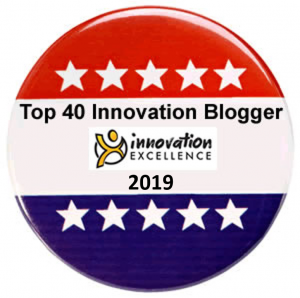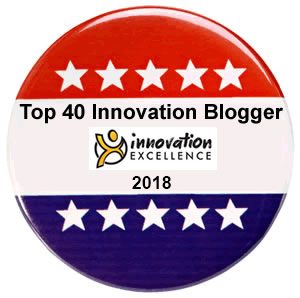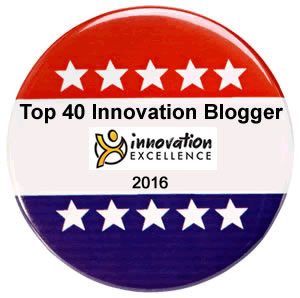With a national election for a new Australian government about to take place in less than a weeks’ time, it raises key questions around the impact of autocratic, competitive or collaborative leadership styles. Causing many voters, like myself, to question as to what leadership style might be best for our country’s future? Is it a leader who seemingly operates from an “I” or a singular perspective, or is it a leadership style, that operates from “we” or from a team perspective? Whilst political polices may vary, or not, how important is it for voters to support what appears to be an inclusive leadership style and a unified team, or is it about “being the shouty guy” leading a disparate group of autocratic and competitive individuals, appearing to work together?
Is it merely a question of values, and is it about questioning the role and importance of innovation and modernity? Also, in times of volatility, uncertainty, complexity, and ambiguity, are we required to make similar observations and powerful decisions about the range of leadership styles currently demonstrated in many of our organisations? By chairpersons, boards, and CEO’s, also operating from an individual and singular “I” centred leadership style, or by those willing to take responsibility and unite toward a common cause, demonstrating an inclusive and collaborative “we” centred leadership style. Perhaps motivated to impact positively and contribute to the future of humanity and common good in a VUCA world?
Shifting from the singular to the plural – from I to we
Shifting from the singular to the plural – from an “I” to “we” and “us” leadership style is more likely to drive responsibility and accountability, for the results they deliver, if it is in the government or in organizations. Whether the goal is to get people to work together across internal boundaries or silos or to create high performing, seamless and collaborative operating organisational cultures. It involves giving people the time and space, skills and techniques, to deeply connect and collectively make effective internal decisions, reduce costs and improve efficiencies, to co-create valuable products and services that customers value and cherish. It also requires a trustworthy and dependable collaborative leadership style that establishes clarity and meaning, so that people are non-defensive and feel safe enough to take smart risks because leaders have their back.
The outcome is an environment where people develop rapid and unstructured interactions between the different groups within the organization, and where competitive behaviour is discouraged and collaborative behaviours are rewarded.
Creating organisational cultures that cultivate collaborative leadership attributes involves developing:
- An agreed clarity of purpose for working together, even if it is a short-term project, across divisions, departments, technologies and demographics, that really makes a difference to the organization or institution.
- A set of simple clear goals and role clarity.
- Trust and mutual respect for what everyone uniquely brings to the table.
- A willingness to develop simple, agile processes that involve taking risks, creatively solving problems and making fast and effective decisions.
- Permission to freely share ideas, wisdom, knowledge, information, resources, and perspectives.
Finally, it involves creating psychological safety within the organisational culture, where people have permission to constructively disagree, to use difference, discord, dissonance and conflict to build on, rather than oppose, each other’s contribution towards generate creative ideas and innovative solutions.
Thinking, talking and acting differently – from directing to coaching
It’s time for leaders, whether in organisations or institutions to be willing to think, talk and act differently, in creating the future. To embrace a collaborative leadership style that intentionally shines the spotlight on the well-being others (and the organization or nation), whilst staying in the shadows themselves.
This can be achieved through effective executive coaching involving feedback and guidance in developing the mindsets, behaviours, and skills involved in facilitating creative collaboration conversations:
According to Adam Grant: “Coaching is in vogue: it used to be just athletes and entertainers who had coaches, but now we have leaders taking on executive coaches and employees learning from speaking coaches. The reality, though, is that a formal coach will only see a fraction of the moments where you could benefit from feedback and guidance. It’s up to all of us to coach our employees, our colleagues, and even sometimes our bosses”.
A new world of conscious, creative and commercial possibilities
Leaders who skilfully and artfully engage their people and teams in creative collaboration conversations enable them to shift out of their business as usual conventional ways of being, thinking, talking and acting. It empowers them to step over the threshold that opens up a new world of conscious, creative and commercial possibilities and:
- Creates containers and holding spaces in which individuals, teams, organizations, and eco-systems can function and grow.
- Taps into the wider collective intelligence (and genius) that emerges and cultivates modern, innovative organizations, leaders and teams.
- Supports people and teams to connect, explore, see and solve problems in modern and innovative ways that people value and cherish.
Taking the first steps towards facilitating creative collaborative leadership conversations
- Build your own and your people’s generative discovery skill-sets
Start by building a common understanding, structured method and language for managing conflict and constructive disagreement by teaching and coaching people how to be present and confident, in how to listen, talk, inquire and debate collaboratively, from “we” and “us” and from a “what best for the business/nation/customer” perspective.
- Provide people with structured common methods
Develop agreed and structured decision making and solving problems methods, coach people to apply them on the job, and make them part of the day to day business activities.
- Enable and empower people to flow with, and learn from conflict, volatility, uncertainty, complexity, ambiguity
Embrace the new world of “business as unusual” by acknowledging, safely exposing and working with people’s fears and concerns for the future. Coach people and teams to be empathic and adaptive, help them to learn from conflict and disputes, by positioning these as valuable resources for arguable change.
Moving beyond collaboration between people
Whilst it is crucial to focus on harnessing your collective genius and on bringing out the best in others, this is just the beginning of the new modern era of business, politics and institutional change. Because collaboration between people is just the beginning and is the basic foundation for creating a future where humans and machines work alongside each other, making each other smarter, to contribute towards a more sustainable future, the common good and the future of humanity.
As researched by PWC:
“The key to making that work is to embrace collaboration at all levels: internally, externally, and with technology itself. Collaboration is more than technological tools. It’s more than a cultural willingness to work together to come up with new ideas. You need both. And when you combine them, you unlock tremendous power. Now is the time to start turning that key”.
Join the next free monthly innovation webinar in our Making Innovation a Habit Series – “Coaching on the cusp of disruption” It’s on Thursday, 13th June 2019 at 9.00pm Sydney & Melbourne, 7.00pm Perth & Hong Kong, 12.00pm London, 1.00pm Berlin, 7.00am New York. Register now. In just 45 minutes learn how the leadership and coaching playing fields have shifted, and how, as innovation coaches we lead the way by enabling our clients to survive and thrive through exponential change and disruption.
Find out about The Coach for Innovators Certified Program, a collaborative, intimate & deep personalized learning program, supported by a global group of peers over 8-weeks, starting October 15, 2019. It is a deep blended learning program that will give you a deep understanding of the language, principles & applications of a human centered approach to innovation, within your unique context. Find out more.
Contact us now at mailto:janet@imaginenation.com.au to find out how we can partner with you to learn, adapt and grow your business in the digital age.

